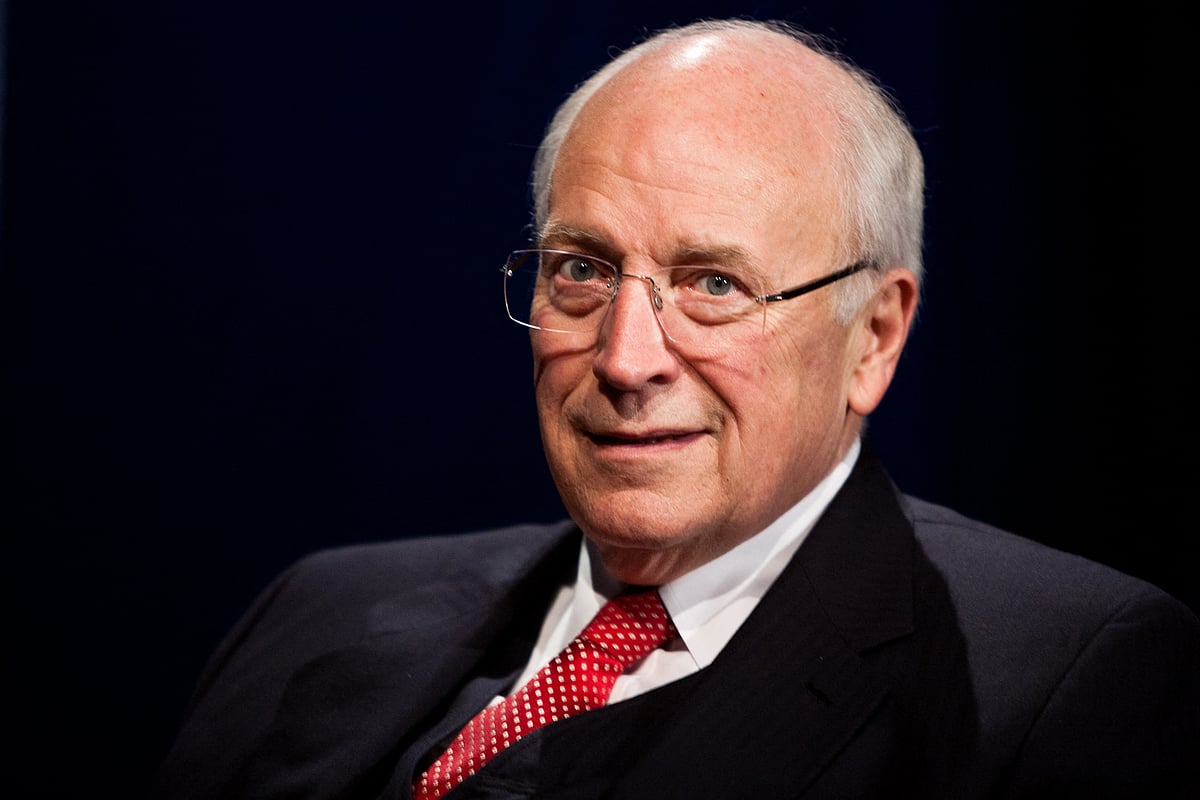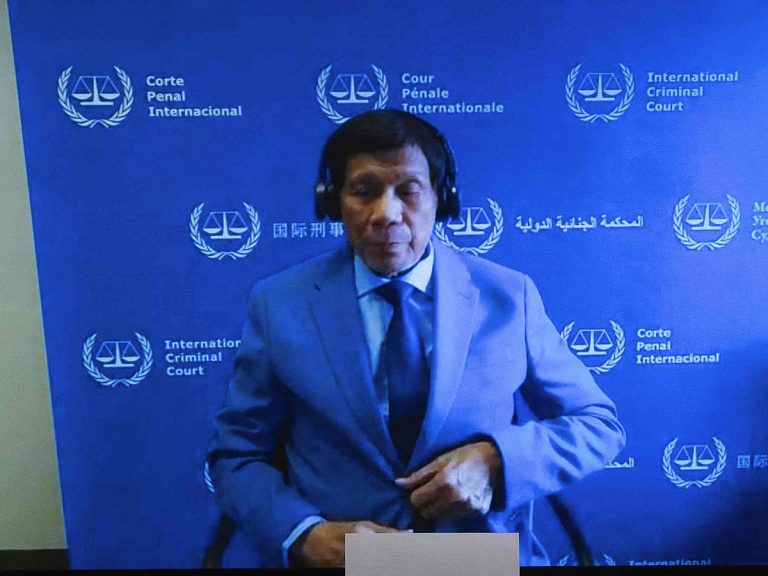Dick Cheney, Former Vice President, Dies at 84
Former U.S. Vice President Dick Cheney has passed away at the age of 84. His family announced that he died due to complications from pneumonia, along with cardiac and vascular disease. Cheney was surrounded by his loved ones, including his wife Lynne and daughters Liz and Mary, during his final moments.
Cheney’s Legacy
Dick Cheney served as Vice President under President George W. Bush from 2001 to 2009. Known for his influential role in shaping U.S. foreign policy, particularly during the Iraq War, Cheney was a prominent figure in American politics for decades. His tenure was marked by both significant achievements and considerable controversy.
Family and Personal Life
Cheney was born on January 30, 1941, in Lincoln, Nebraska. He married Lynne Vincent in 1972, and the couple had two daughters. Throughout his life, Cheney faced various health challenges, including multiple heart attacks and a heart transplant in 2012.
FAQs
What caused Dick Cheney’s death?
Dick Cheney died from complications related to pneumonia and cardiac and vascular disease.
When did Dick Cheney serve as Vice President?
Cheney served as Vice President from January 20, 2001, to January 20, 2009, during George W. Bush’s presidency.
What is Dick Cheney known for?
Cheney is known for his influential role in U.S. foreign policy, particularly regarding the Iraq War, and for his long-standing career in politics, including positions as Secretary of Defense and a member of Congress.
Conclusion
Dick Cheney’s passing marks the end of an era in American politics. His contributions and controversies will continue to shape discussions about U.S. policy for years to come. As the nation reflects on his legacy, many will remember both his political acumen and the impact he had on the country.
Cheney’s political career began in the late 1960s when he worked as an intern for Congressman William A. Steiger. He quickly rose through the ranks of the Republican Party, serving as a staff member for the House Minority Whip and later as a congressman representing Wyoming from 1979 to 1989. His experience in Congress laid the groundwork for his later roles in the executive branch, including his appointment as Secretary of Defense under President George H.W. Bush from 1989 to 1993. During this time, he oversaw significant military operations, including the Gulf War, which solidified his reputation as a key figure in defense policy.
After leaving the Pentagon, Cheney took on various roles in the private sector, including as CEO of Halliburton, an energy company. His tenure at Halliburton was marked by both growth and scrutiny, particularly regarding the company’s contracts with the U.S. government during the Iraq War. Critics often pointed to perceived conflicts of interest due to Cheney’s dual roles in government and business, which fueled debates about ethics in politics and the influence of private interests on public policy.
Cheney’s vice presidency was characterized by a strong executive approach, particularly in matters of national security. He was a central architect of the Bush administration’s response to the September 11 attacks, advocating for the invasion of Afghanistan and the subsequent military action in Iraq. His support for controversial policies, such as enhanced interrogation techniques and warrantless surveillance, drew significant criticism from civil liberties advocates and some members of Congress. Despite the backlash, Cheney remained a steadfast defender of these policies, arguing they were necessary to protect the nation from terrorist threats.
In the years following his vice presidency, Cheney continued to be an influential voice in Republican politics, often speaking out on national security issues and foreign policy. He published a memoir in 2011, “In My Time,” which provided insight into his views and experiences during a tumultuous period in American history. His legacy is complex, marked by both staunch support from his allies and vehement opposition from his critics. As discussions about his impact on U.S. policy continue, Cheney’s role in shaping the modern Republican Party and his approach to governance will remain subjects of analysis and debate.
Also Read:
Tecom Group Reports Strong Financial Growth in 2025







